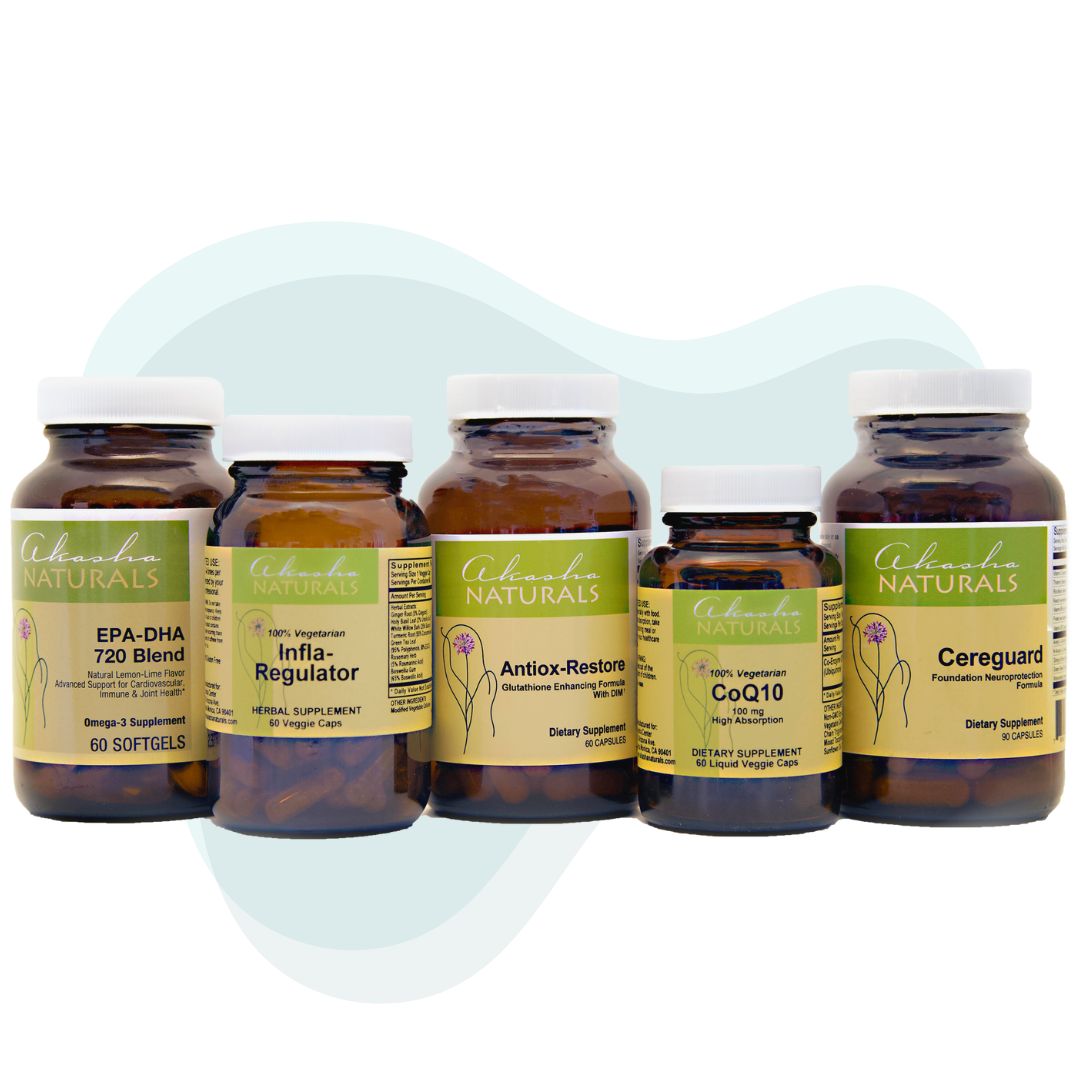Prostate Health After 40: What You Need to Know
As men age, taking proactive steps to maintain health becomes increasingly important. One key area that requires attention is prostate health, particularly after the age of 40. Let’s dive into why it’s essential to prioritize prostate health and what steps you can take to ensure your well-being.
Understanding the Prostate
The prostate is a small gland located below the bladder and in front of the rectum. It plays a crucial role in the male reproductive system by producing seminal fluid, which nourishes and transports sperm. As men age, the prostate can start to enlarge, a condition known as benign prostatic hyperplasia (BPH). This enlargement can lead to several uncomfortable symptoms, affecting your quality of life.
Common Symptoms of Prostate Enlargement
Starting from around age 40, many men may begin to experience symptoms related to prostate enlargement. These can include:
- Frequent Urination: Needing to urinate more often, especially at night, can disrupt your sleep and lead to fatigue.
- Urgency: Feeling a sudden, urgent need to urinate.
- Weak Stream: Experiencing a weaker urine stream or difficulty starting and stopping urination.
- Incomplete Emptying: The sensation that the bladder is not completely empty after urinating.
Why Regular Check-Ups Are Crucial
Regular health check-ups are essential for early detection and management of prostate issues. Here’s why you should see your doctor annually:
- Monitoring Prostate Health: Early detection of prostate enlargement or other issues can lead to more effective management and treatment.
- Blood Tests: Checking your blood for cholesterol and other markers can provide insights into your overall health and identify potential risks early on.
- Blood Pressure: Monitoring your blood pressure helps ensure your heart is functioning well, which is critical for overall health.
- Sleep Quality: Addressing prostate issues can improve sleep quality, allowing your body to release necessary hormones like cortisol and melatonin, which are vital for brain detoxification, mood regulation, and energy levels.
Integrative Medicine Approach
An integrative approach to health, which combines conventional and complementary therapies, can be particularly beneficial. Here are some strategies that might be recommended by an integrative medical doctor:
- Diet and Nutrition: Eating a balanced diet rich in fruits, vegetables, and healthy fats can support prostate health.
- Exercise: Regular physical activity can help manage weight and improve overall health, including prostate health.
- Supplements: Certain supplements, such as saw palmetto and beta-sitosterol, may help alleviate symptoms of prostate enlargement.
- Stress Management: Techniques like yoga, meditation, and mindfulness can reduce stress, which is beneficial for overall health.
Don’t Wait for Symptoms
One of the most crucial points to remember is not to wait until you experience symptoms to seek medical advice. By then, it might be too late to prevent or effectively manage issues. Regular check-ups and proactive health management can help you maintain a good quality of life and avoid complications.
Conclusion
Prostate health is a significant aspect of men’s health, particularly after the age of 40. Regular check-ups, a healthy lifestyle, and an integrative approach to medicine can help you manage and maintain prostate health effectively. Don’t wait for symptoms to appear; take action now to ensure a healthier future.












